
eBook - ePub
The Book of Angst
Understand and Manage Anxiety
Gwendoline Smith
This is a test
Condividi libro
- English
- ePUB (disponibile sull'app)
- Disponibile su iOS e Android
eBook - ePub
The Book of Angst
Understand and Manage Anxiety
Gwendoline Smith
Dettagli del libro
Anteprima del libro
Indice dei contenuti
Citazioni
Informazioni sul libro
There's a lot of angst around these days. This heightened sense of fear, concern, insecurity and uncertainty can be overwhelming.Bestselling author of The Book of Overthinking and The Book of Knowing Gwendoline Smith explains what angst is and the ways in which deep anxiety can manifest.Gwendoline then drills down into social anxiety, which is often underdiagnosed but is one of the most common of the anxiety family.Using simple, clear language and humorous illustrations, Gwendoline gives detailed step-by-step advice on how to cope.
Domande frequenti
Come faccio ad annullare l'abbonamento?
È semplicissimo: basta accedere alla sezione Account nelle Impostazioni e cliccare su "Annulla abbonamento". Dopo la cancellazione, l'abbonamento rimarrà attivo per il periodo rimanente già pagato. Per maggiori informazioni, clicca qui
È possibile scaricare libri? Se sì, come?
Al momento è possibile scaricare tramite l'app tutti i nostri libri ePub mobile-friendly. Anche la maggior parte dei nostri PDF è scaricabile e stiamo lavorando per rendere disponibile quanto prima il download di tutti gli altri file. Per maggiori informazioni, clicca qui
Che differenza c'è tra i piani?
Entrambi i piani ti danno accesso illimitato alla libreria e a tutte le funzionalità di Perlego. Le uniche differenze sono il prezzo e il periodo di abbonamento: con il piano annuale risparmierai circa il 30% rispetto a 12 rate con quello mensile.
Cos'è Perlego?
Perlego è un servizio di abbonamento a testi accademici, che ti permette di accedere a un'intera libreria online a un prezzo inferiore rispetto a quello che pagheresti per acquistare un singolo libro al mese. Con oltre 1 milione di testi suddivisi in più di 1.000 categorie, troverai sicuramente ciò che fa per te! Per maggiori informazioni, clicca qui.
Perlego supporta la sintesi vocale?
Cerca l'icona Sintesi vocale nel prossimo libro che leggerai per verificare se è possibile riprodurre l'audio. Questo strumento permette di leggere il testo a voce alta, evidenziandolo man mano che la lettura procede. Puoi aumentare o diminuire la velocità della sintesi vocale, oppure sospendere la riproduzione. Per maggiori informazioni, clicca qui.
The Book of Angst è disponibile online in formato PDF/ePub?
Sì, puoi accedere a The Book of Angst di Gwendoline Smith in formato PDF e/o ePub, così come ad altri libri molto apprezzati nelle sezioni relative a Personal Development e Self Improvement. Scopri oltre 1 milione di libri disponibili nel nostro catalogo.
Informazioni
Argomento
Personal DevelopmentCategoria
Self ImprovementPART 1

CHAPTER
ONE
GENERALISED
ANXIETY
DISORDER
(GAD)
AKA WORRISOME
OVERTHINKING

This common disorder is characterised by persistent and excessive worry about a number of different things. People may anticipate disaster and be overly concerned about money, health, family, work or other issues. Thinking spirals incessantly, activated by the never-to-be-answered question ‘what if?’
In these times of great uncertainty, worry is also at pandemic proportions—a manifestation of Covid-19. People are surrounded by things unknown, and all the elements of life that we once took for granted—safety, job security, financial security—are now uncertain. And uncertainty is fuel on the fire of worry.
I have observed that people diagnosed with generalised anxiety are more badly afflicted by their worrisome overthinking during the age of Covid-19, and others who have never previously been worriers have now become engaged with the practice.
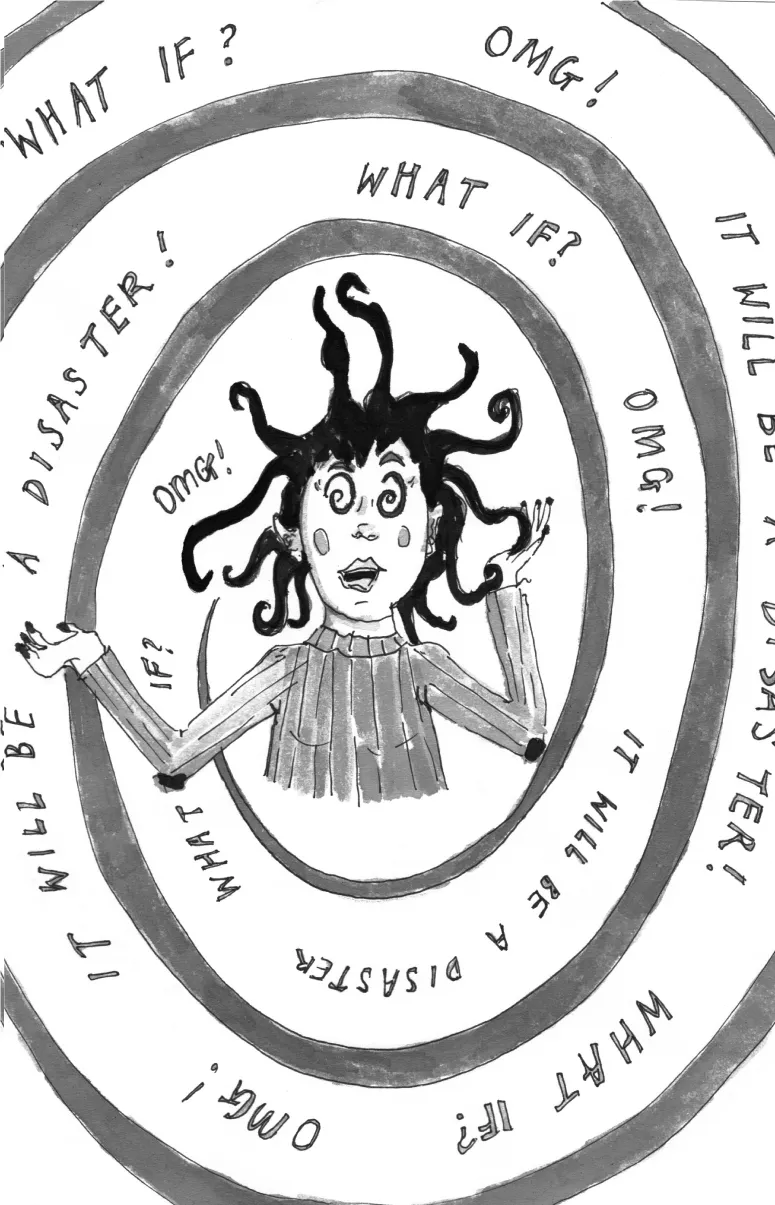
TREATMENT OPTIONS
Medication can be helpful with easing the distressing physical and emotional experiences of anxiety, although it does not offer a treatment per se.
If the long-term effects of the anxiety begin to manifest physically—for example, if your worrying is stopping you from sleeping, or you are experiencing gastrointestinal distress because of it (see page 80)—a pathway into depression can occur. This is where an antidepressant can be very helpful. If the depression has a significant anxiety component, an antidepressant with an anxiolytic (anti-anxiety) agent will most likely be prescribed.
Note: If you do seek medical advice at this stage, make sure that you explain your levels of anxiety to your doctor. Being prescribed the ‘right’ type of medication is essential. This is medication for your most important organ—the brain. It is not a matter of ‘one size fits all’.
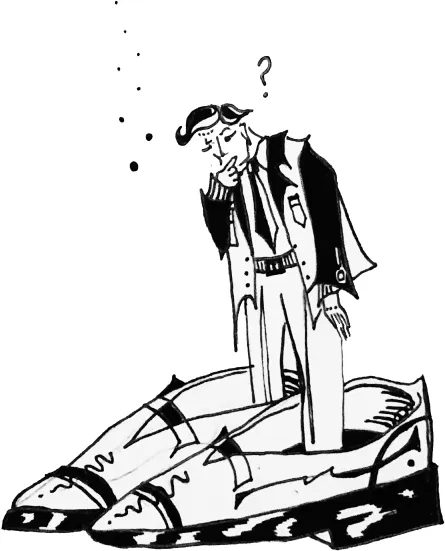
The recognised state-of-the-art intervention for worrisome overthinking is cognitive behavioural therapy (CBT). The treatment strategies work for both pre-existing and new converts (because of Covid-19) to the cyclical nature of worry.
If you relate to this condition and think you might need help, have a look at The Book of Overthinking (also written by me).
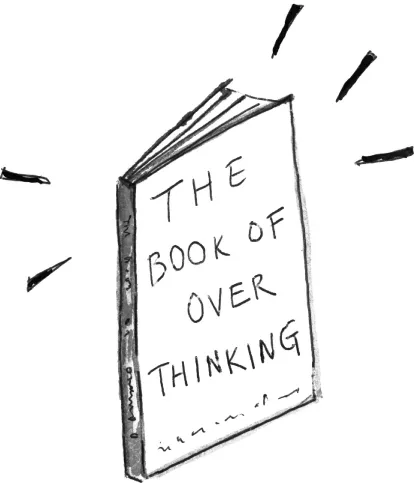
I would like to add that, in my opinion, worry is at the base of most of the various forms of anxiety. The anorexic worries about being fat, someone with OCD may worry about contamination, people with social anxiety worry about being judged.
I mention this because when treating the anxieties via CBT, therapists essentially take a two-pronged approach: addressing the worrisome overthinking alongside the specific content of the fear/phobia. This is very much the case with social anxiety.
CHAPTER
TWO
OBSESSIVE-
COMPULSIVE
DISORDER
(OCD)
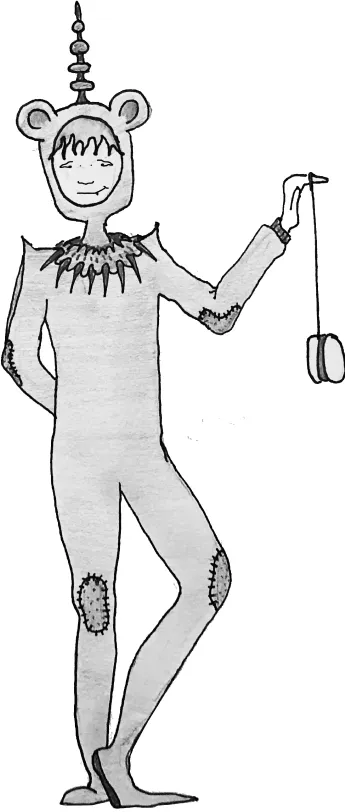
Obsessive-compulsive disorder is an anxiety disorder in which sufferers have recurring, unwanted thoughts, ideas or sensations (obsessions) that make them feel driven to do something repetitively (compulsions). It is another profoundly debilitating anxiety condition. In fact once when I was at a neuroscience conference, one of the professors speaking stated that OCD was the most crippling of all of the anxiety conditions.
OCD is an especially difficult condition to treat, whether with medication, talk therapy or behavioural therapy. As a clinician, just when you think you have it nailed, back it comes—different thoughts, different behaviours, but the same torture.
In my opinion the reason that OCD is the giant of them all is because of its major genetic component. Overall, studies of twins with OCD estimate that genetics contributes 45–65 per cent of the risk of developing the disorder. A number of other factors may play a role in the onset of OCD, including behavioural, cognitive and environmental factors, but genetics is a biggie.
I have watched documentary material of three-and four-year-old children with OCD performing lengthy and complicated rituals that can take them hours to complete, and role-modelling doesn’t appear to me to be a significant contributor.
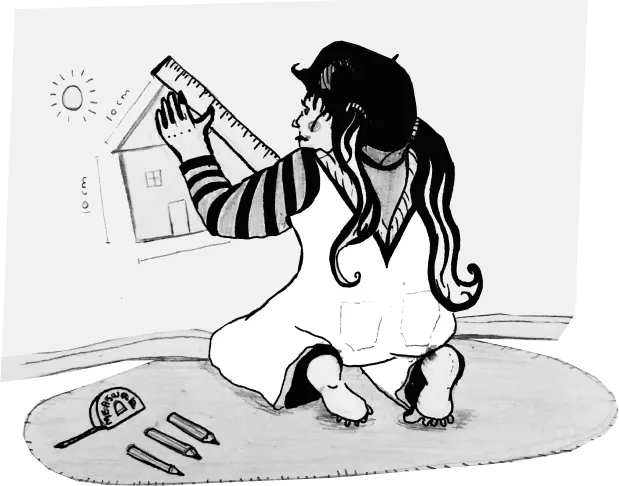
Whatever you do, don’t blame yourself for your child’s OCD.
Even the worst parenting doesn’t cause this disorder.
Even the worst parenting doesn’t cause this disorder.
If you’re a parent, OCD is not a ‘phase’ your child is going through. Nor is your son or daughter deliberately misbehaving or trying to get attention. Your child is not to blame.
Perhaps most importantly, it’s not your fault if your child has OCD. OCD is a neurobiological disorder, which means that the brain of a child with OCD functions differently than the brain of a child who does not have OCD.
I have been practising for many, many years, and there have been phases in the psychological world of blaming parenting for children developing disorders such as OCD. During one such phase, which I recall occurring in the 1970s and beyond, there was very little acknowledgement of the complex relationship between nature and nurture, and that it was not either/or.
OCD manifests in many ways:
• checking
• fear of contamination
(fear of germs)
(fear of germs)
• hand-washing
• hoarding
• rumination
(thoughts going round in circles)
(thoughts going round in circles)
• intrusive thoughts.
When you look at this list you can begin to understand the profoundly destructive impact that OCD has on the daily lives of these poor souls and their families. Compulsive checking can go on for hours; extreme hoarding splits families and ruins lives. You can also begin to imagine the havoc that Covid-19 has created in the lives of people who struggle to live with OCD.
You can’t ask an individual who compulsively washes their hands as a result of contamination phobia to stop doing it when the message to the entire globe is ‘wash, wash and wash your hands again’. The difference is that the compulsive handwasher will scrub their hands until they bleed— standing fixated at the basin for hours, paralysed by fear.
The OCD brain demands the behaviour continues. Stopping results in unbearable anxiety for the afflicted. The only way to reduce the anxiety is to begin the ritual and repeat it again and again.
You see, it is the subjective experience of the anxiety that the individual wishes to escape. The worrisome, intrusive thoughts about contamination, or lack of symmetry, or throwing things away, create the anxiety, and then the compulsions are continued in an attempt to provide safety from the distress.
TREATMENT OPTIONS
Medication is almost always an option. However, I don’t know of any medications that can ‘cure’ OCD. The options are SSRIs (selective serotonin reuptake inhibitors) or their new cousin SNRIs (serotonin-noradrenaline reuptake inhibitors), the difference being that the newer SNRIs work on both noradrenaline as well as serotonin in the brain.
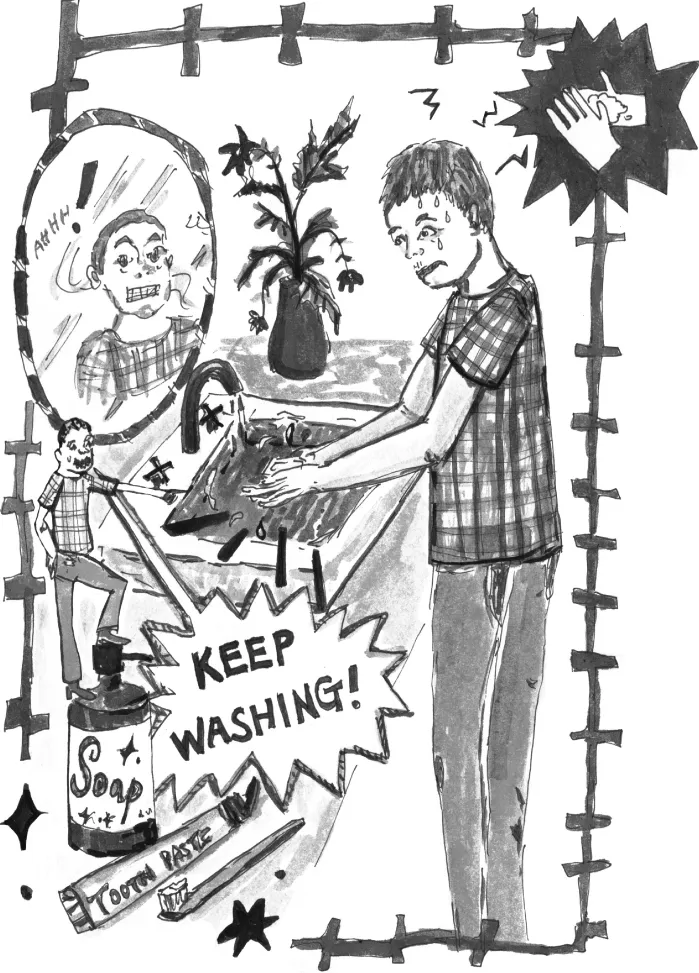
In my experience, both do offer a certain amount of symptomatic relief. However, some of the older generation of medications (tricycl...